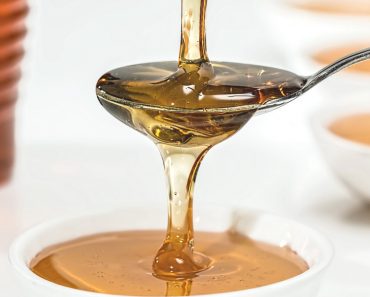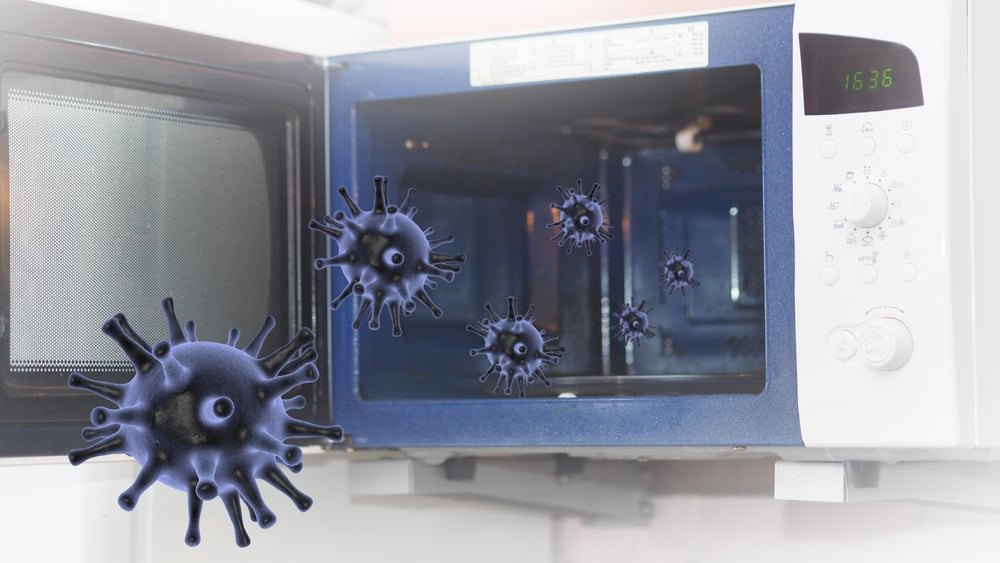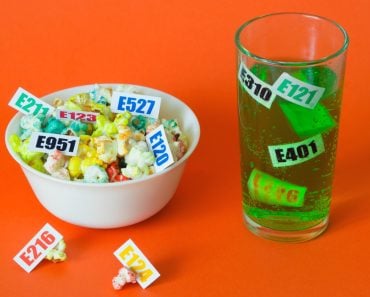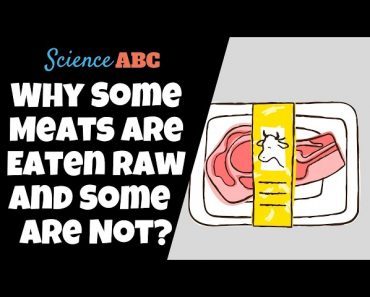Table of Contents (click to expand)
Canned food can last for a long time, but it will eventually spoil. The main reason for this is that canned food is not completely sterile. There can be bacteria or other microorganisms present in the food that will eventually start to grow and multiply, causing the food to spoil. Additionally, if the can is damaged or exposed to heat or light, this can also cause the food to spoil.
For anyone who has ever had a sliver of fear about a holocaust of any kind – nuclear, zombie or otherwise – canned food has always been a logical choice to put in your survival bunker. In every movie about people surviving the end of the world, canned food plays a major part. For those less worried about the end of days, canned food is also an excellent choice for camping and long-term storage in forgotten pantries.
However, what many people don’t realize is that canned food doesn’t always last forever. Canned food lasting for 5 years, or even a decade, is entirely possible, but a number of factors can eventually make that canned food spoil. The question is, why can’t it last forever? What can eventually make canned food go bad?
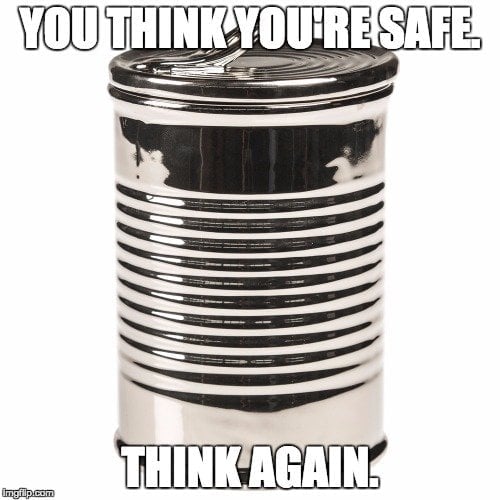
Short Answer: Canned food that is properly sterilized, processed and stored will not go bad, although the flavors may change over time. However, excess moisture, heat, sunlight and other factors can compromise the integrity of the can and the food within it.
Recommended Video for you:
Why Does Canned Food Last So Long?
When food is canned, it is loaded into a brand-new, clean can and then sealed. The food is initially passed through rigorous quality testing, but there is a final step where all the magic happens. The fully sealed can is then heated so the food inside becomes cooked. When bacteria and other nasty pathogens are heated beyond a certain temperature (usually the boiling point of water – 212 degrees Fahrenheit), they are neutralized or killed. Since the can is sealed before this heating process occurs, no additional bacteria or spores can make it into the can. Therefore, when you open it up a few months, years or decades later, the food should still be relatively fresh.
Food spoils because microorganisms come into contact with the food, either through the air or something else touching the food. These tiny organisms, like bacteria or fungi, need to eat, just like humans and every other living creature. Since they are on a food source, they begin to eat immediately, and just like every other creature, they need to eliminate waste products. The waste products from microorganisms cannot be metabolized by human beings, and often have a foul taste, which we then label as being “spoiled”. By eliminating those microorganisms, as the canning process does, there can’t be much of a change in the quality or composition of the food.
However, there is a bit more to the story….
How Does Canned Food Eventually Go Bad?
Despite your best intentions, and the best-designed fallout shelter food supply, there are some factors that can affect the quality of canned food. If your underground bunker or basement pantry is damp, or if the cans get wet, oxidation and hydration processes can cause the can to begin to rust. Even if the can doesn’t rust “through”, that oxidation process can open the doorway for microorganisms to enter the food inside. At that point, the feast begins, and the food will eventually spoil and go bad, albeit slowly.
If a can is damaged, bent or dropped, it can compromise the airtight seal of the can, making it easier for microorganisms to enter the can. Furthermore, despite the sterilization process, some foods can still contain dormant spores of microorganisms that aren’t completely eliminated. If the can is exposed to sunlight (which is heat), the air inside the can will begin to expand, and that temperature increase makes an ideal environment for the microorganisms to begin to thrive and multiply. This isn’t common, but it can certainly happen. Make sure to keep canned food in cool, dry and dark places.
Some foods will eventually begin to break down and experience chemical reactions between its component parts, particularly in highly acidic foods. While this isn’t the same as traditional spoiling, it can change the flavor and taste of the food, making in unpalatable when you finally open it up on your camping trip. This won’t make you sick, necessarily, but it won’t make for a pleasant dining experience.
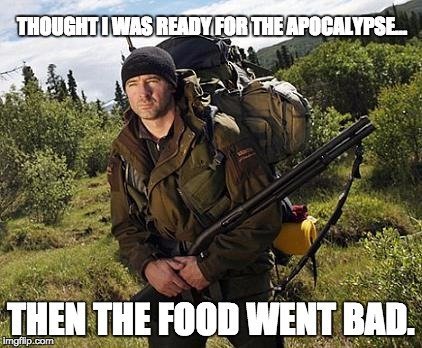
Finally, there isn’t a 100% guarantee that the sterilization and canning processes will prevent any microorganisms from being present in the cans. Canned food manufacturers have extremely stringent regulatory processes, but at-home canning methods (which are becoming increasingly popular) are far from perfect.
If you want to keep yourself safe from any food-borne pathogens or spoiled food, just use your common sense. First, inspect the appearance and integrity of the can. If that looks okay, open up the can and see if there are any visible signs of microorganisms growing on the surface of the food or lid of the can. Passing that test, give the food a sniff. Lastly, taste the food to see if it seems normal. If there is any doubt in your mind at any point in that process, toss the can. Most canned food is rather inexpensive, even if you do it yourself, and who can put a price on staying healthy!?



